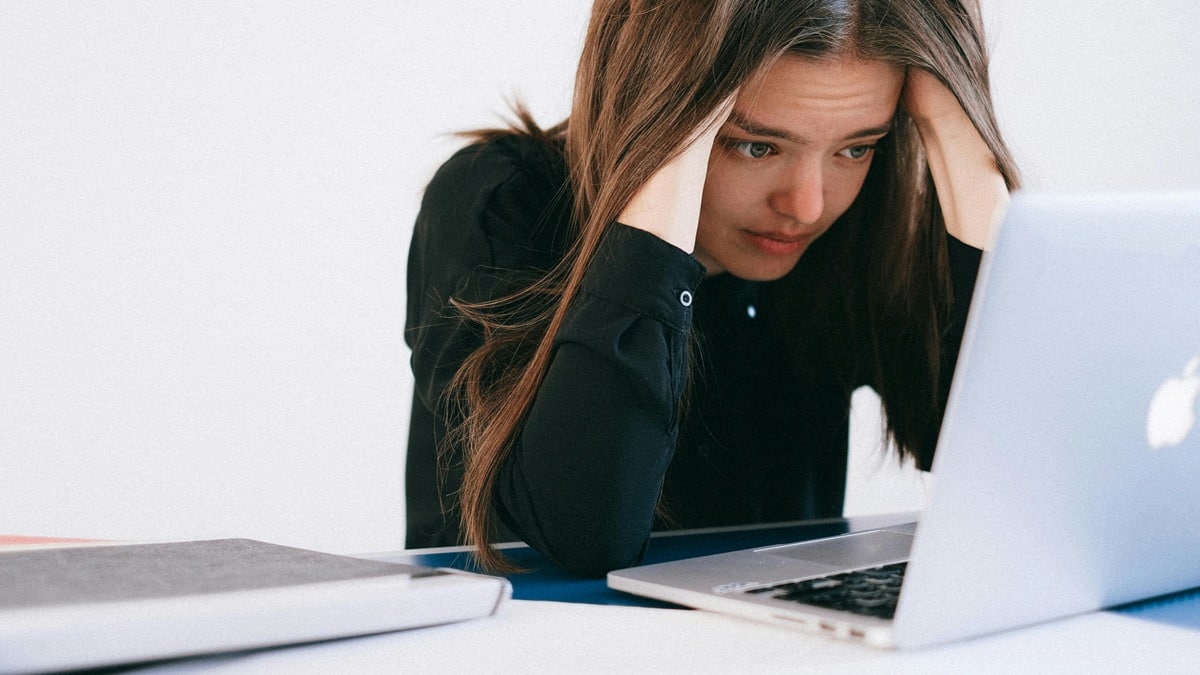‘Scammers safe, students criminals?’: Outrage over SSC notice banning post-exam analysis
Vagisha Kaushik | September 9, 2025 | 02:06 PM IST | 3 mins read
Students, teachers term SSC notice criminalising and penalising paper discussion “double standards”, suggesting to focus on preventing paper leaks.

Weeks after the widespread protests over technical glitches and mismanagement, the Staff Selection Commission finds itself once again in the eye of a storm, with its latest notice branding post-exam paper analysis and discussion on social media as a criminal offense and penalising hefty amounts and legal action. Students, teachers, and social media users slammed the move as “unconstitutional” and suppression of students’ right to learning, arguing that SSC should instead focus on tackling paper leaks and corruption.
In a controversial notification, SSC warned individuals, institutions, and organisations of imprisonment and a fine, maximum of up to 10 years and Rs 1 crore respectively.
Mathematics expert Abhinay, who runs a page named Abhinay Maths, termed the move “double standards”. He said in a post, “After the election, exit polls run openly — news channels have the right to analysis. But after the exam, paper discussion is a crime. One's analysis is freedom, the other's analysis is crime — if this isn't double standards, then what? This is the new definition of justice that SSC has given in its new notice today.”
Expressing shock over the SSC notice, an X user wrote, “I was surprised to read SSC's new notice. Declaring the discussion/analysis of question papers as a crime is against the rights of students. The real purpose of education is transparency and learning, not fear and threats. SSC should focus on preventing leaks, not punishing genuine students.”
Commenting sarcastically on the decision of the commission, another X user said, “Now SSC paper analysis won’t happen on YouTube. In a democracy, small steps sometimes become the beginning of big changes. Now only a select few will be able to benefit from it, because paper analysis will now be on Telegram.”
“This step by SSC is fairly unconstitutional. SSC must take it back,” wrote another user, demanding withdrawal of the notice.
'What about paper leaks?'
In a contrast to the popular opinions, a person found the step right and said, “This is absolutely right, the kids who take the exam on the first day don't know what kind of questions will come, but after that, through analysis, it becomes clear, SSC's questions follow the same pattern, then in normalization there's a lot of difference, then you say, what's going on here.”
A writer and social activist took a jibe at the commission, arguing that SSC has never been able to impose a fine of Rs crore on those who leak papers, nor has it declared those involved in malpractices as criminals. But now, teacher-content creators who bring education to children, if they discuss questions, they will face a hefty fine and will be branded as criminals.
Also read SSC ends ‘Own Scribe’ facility for PwBD candidates; adopts DEPwD guidelines
“Wow, SSC! Those who scam are safe, while those who ask questions are criminals,” he remarked.
Another user questioned the logic behind the announcement and asked the commission to rather focus on preventing paper leaks. “So now, discussing questions and answers after the exam is over will also be considered "unfair means"? What brilliant logic!” “Discussing after the exam is a part of learning and preparation. Preventing paper leaks is important, but labeling students' normal discussions as a crime is absolutely unjust. The real focus should be on leaks, corruption, and organized cheating gangs, not on innocent students.”
Follow us for the latest education news on colleges and universities, admission, courses, exams, research, education policies, study abroad and more..
To get in touch, write to us at news@careers360.com.